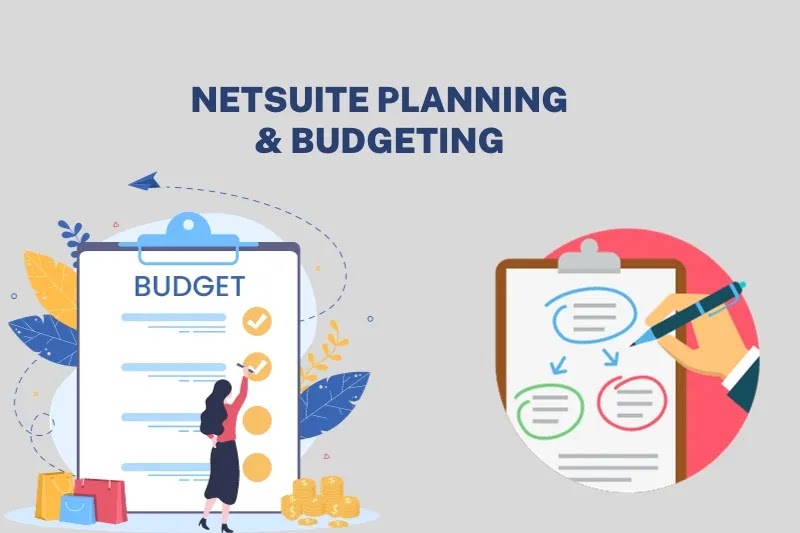
Financing higher education is one of the most significant financial decisions a person can make. Properly planning for this expense not only reduces the burden of student loans but also prevents long-term financial stress.
By learning about the different ways to finance education, individuals can make informed choices that align with their overall financial goals. Understanding the process of financing higher education equips individuals with knowledge and skills to secure their financial future.
Why is Financial Planning for Education Important?
Planning for the costs of higher education is essential to avoiding debt and managing expenses wisely. Higher education costs include tuition, fees, books, and living expenses.
Without a plan, these costs can quickly accumulate, leading to financial difficulties down the road. A strategic approach to financing education can ensure that individuals are prepared for the financial responsibilities that come with attending college.
Proper financial planning involves creating a realistic budget, exploring scholarships, grants, and loan options, and learning to manage debt.
When individuals understand how to build credit and handle their finances effectively, they make better decisions during and after their education. Planning for the cost of education doesn’t just help during college, it sets individuals up for long-term success by fostering essential financial skills.
Why Should People Plan for Their Financial Future?
Planning for the future is crucial for financial stability and security. By setting clear financial goals and creating a roadmap to achieve them, people can make informed decisions about their money.
This planning helps individuals understand their current financial situation, anticipate challenges, and develop strategies to overcome them.
Financial planning allows individuals to save wisely and make decisions that support their long-term well-being.
Given the rising cost of living, it’s more important than ever to have a plan in place. By anticipating unexpected expenses and emergencies, individuals can reduce financial stress and create a stable financial future.
A key advantage of financial planning is the ability to make smarter choices about spending, saving, and investing.
With a solid plan, individuals can avoid debt, build wealth, and reach their goals faster. Furthermore, financial planning protects individuals and their loved ones by ensuring that they have the necessary insurance coverage and estate planning documents to safeguard their assets in case of unforeseen circumstances like illness or disability.
In addition to protecting assets, financial planning empowers individuals to work towards their long-term goals.
Whether it’s buying a house, starting a business, or retiring comfortably, a good financial plan enables individuals to take the right steps toward achieving these milestones.
By setting specific goals, tracking progress, and making adjustments along the way, people can stay on course to achieve their dreams.
Overall, planning for one’s financial future is critical to achieving financial security, stability, and independence. By setting goals and making informed decisions, individuals can better navigate their finances and build a strong foundation for their future.
What is Education Planning in Financial Planning?
Education planning is a vital part of financial planning that prepares individuals for the costs of higher education.
It involves mapping out how to pay for education-related expenses like tuition, books, and housing while considering the long-term financial impact of these investments.
Strategic education planning ensures that individuals have the resources they need to meet their academic goals without jeopardizing their financial stability.
The first step in education planning is setting clear goals for what level of education an individual intends to pursue. Whether it’s an undergraduate degree, a graduate degree, or vocational training, knowing the level of education helps estimate the associated costs.
Researching the costs of different educational options is another key element of education planning. Tuition fees and expenses can vary widely depending on the institution and program.
By comparing the costs of different schools and programs, individuals can make informed decisions about where to attend and how to cover these expenses.
In addition to researching costs, education planning involves identifying funding sources. Scholarships, grants, work-study programs, and student loans are common ways to finance education.
By exploring these options, individuals can reduce their reliance on student loans and potentially avoid large amounts of debt.
Budgeting is another critical component of education planning. Creating a budget helps individuals manage their money more effectively by tracking expenses and finding ways to cut costs.
This budgeting process enables individuals to prioritize their spending and ensure that they have the resources needed to complete their education without accumulating excessive debt.
Finally, education planning involves thinking about the long-term financial implications of education. For instance, it’s important to consider how student loans may affect future financial goals, such as buying a house or saving for retirement. By evaluating the return on investment from education, individuals can make informed choices about how much debt to take on and what career paths to pursue.
How Do Financial Planning Skills Help Prepare for the Future?
Financial planning skills are essential for helping individuals prepare for their future by making informed financial decisions. Effective financial management is particularly important when it comes to financing higher education, as the costs of tuition, textbooks, and living expenses can add up quickly.
One of the most important financial planning skills is budgeting. Creating and sticking to a budget helps individuals live within their means and allocate funds to important priorities, such as education. This is especially useful for students, as it allows them to pay for their education while also covering other financial obligations.
Financial planning also emphasizes the importance of saving for the future. By regularly setting aside money in savings, individuals can build up a financial cushion to handle unexpected expenses. This is particularly beneficial when planning for education, as having extra savings can help cover unforeseen costs that may arise during school.
In addition to budgeting and saving, financial planning teaches individuals about the different options available for financing education. Understanding the pros and cons of student loans, scholarships, and grants helps individuals make more informed decisions about how to fund their education.
Ultimately, financial planning skills enable individuals to set and work toward their financial goals. Whether it’s paying off student loans or building a retirement fund, having clear goals provides direction and motivation. By creating a financial plan and reviewing it regularly, individuals can stay on track to reach their goals.
Why is it Important to Understand the Basics of Financial Planning?
Financial planning is about more than just managing money—it’s about creating a secure financial future. By understanding the basics of financial planning, individuals can take control of their finances and make decisions that lead to long-term success.
The first step in financial planning is setting goals. Whether it’s saving for a house, retirement, or a child’s education, having clear financial goals gives individuals a sense of direction. A financial plan provides a roadmap to achieving these goals and helps individuals feel more confident about their financial future.
Understanding key concepts like compound interest, budgeting, and risk tolerance also helps individuals make smart financial decisions. For instance, knowing how compound interest works can encourage individuals to start saving early, as small contributions can grow significantly over time.
Additionally, financial planning helps people prepare for unexpected events. By building an emergency fund and having insurance coverage, individuals can protect themselves from financial hardship caused by illness, job loss, or other emergencies.
In conclusion, planning to finance higher education is not just about paying for college—it’s about setting the stage for a secure financial future. Learning how to manage the costs of education teaches valuable lessons in budgeting, saving, and debt management, all of which are crucial for long-term financial success. By taking the time to plan for higher education costs, individuals can make informed decisions that positively impact their financial future.


Pingback: What Are Three Questions to Ask Yourself Before Spending Your Emergency Fund? Essential Insights for Financial Health - Mayon Finance